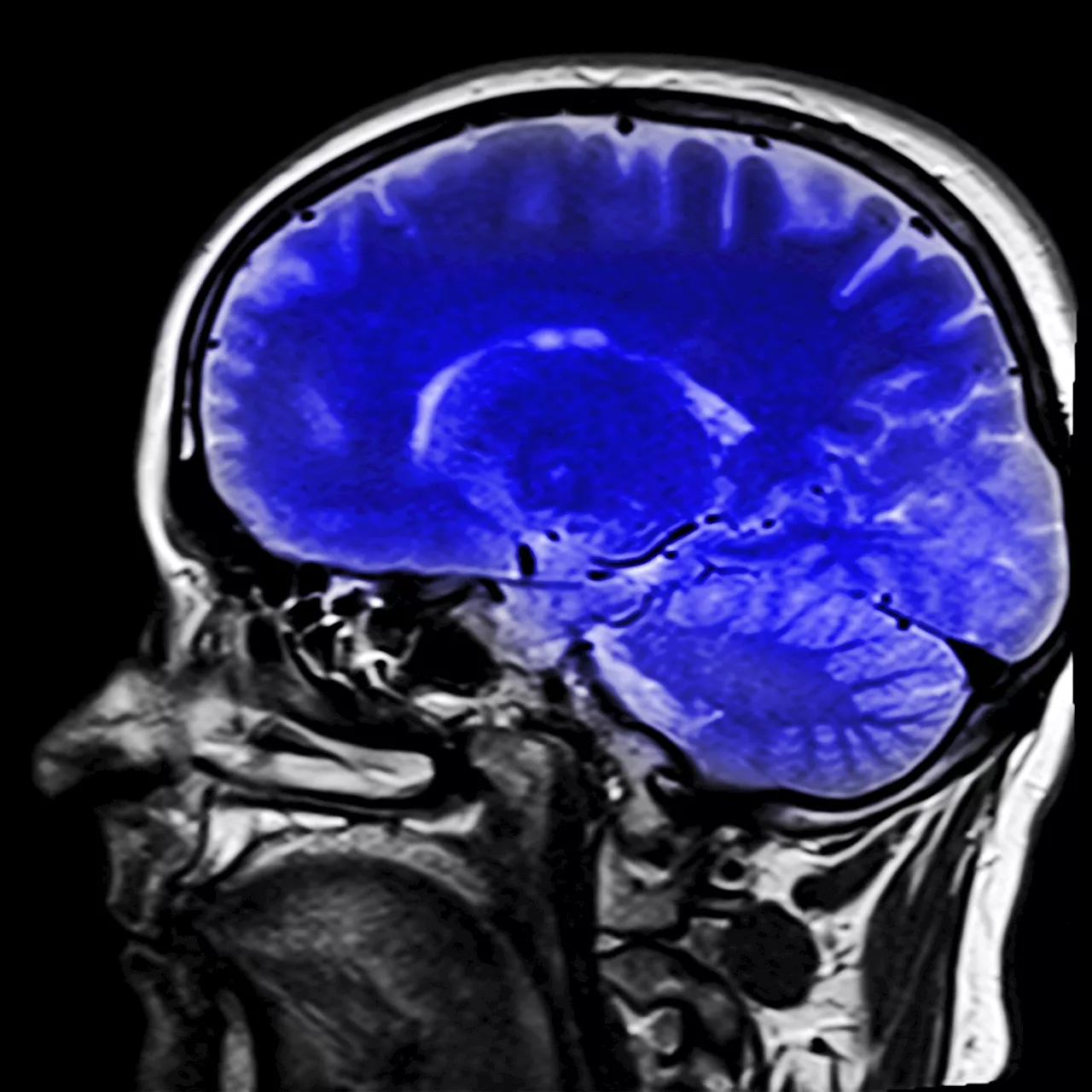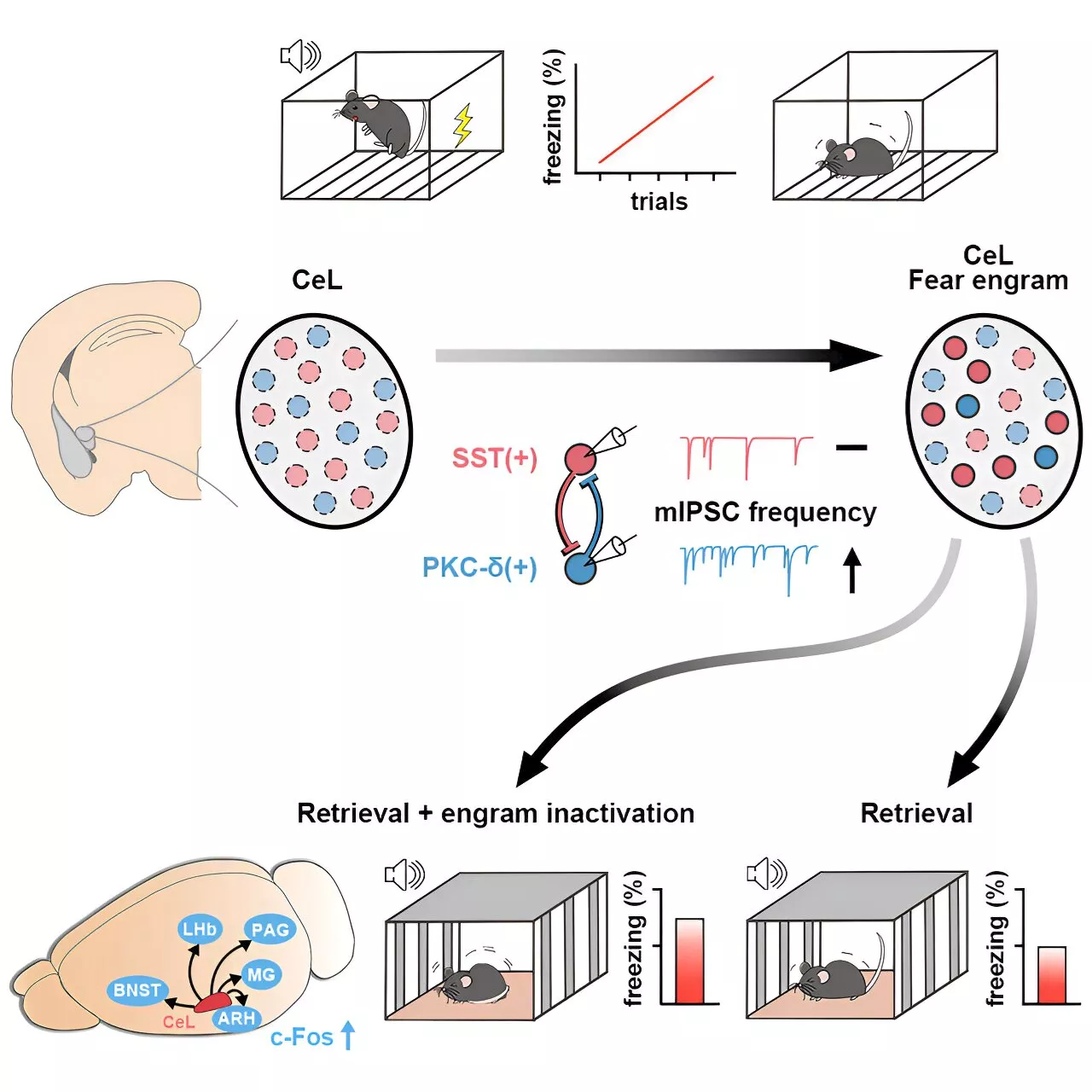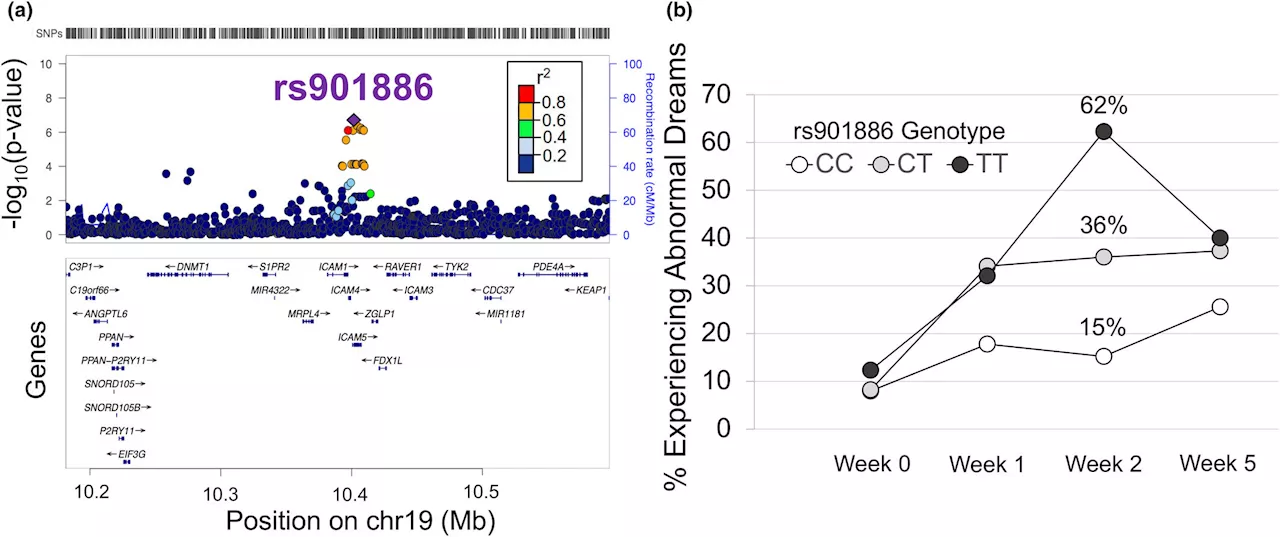Study reveals that both low and high levels of selenium and manganese in the blood are associated with increased mortality in adults with asthma, highlighting the importance of maintaining optimal levels of these metals.
By Dr. Sanchari Sinha Dutta, Ph.D.Sep 5 2024 Unveiling a delicate balance: New research shows that both too much and too little selenium and manganese in the blood can sharply increase the risk of death in asthma patients. Study: Association between blood heavy metal element and all-cause mortality in asthmatic adults: a cohort study. Image Credit: WESTOCK PRODUCTIONS / Shutterstock
Selenium is a micronutrient that plays a vital role in reducing oxidative stress and improving immune response. It has a multifactorial relationship with respiratory diseases, including asthma. Existing evidence indicates that low blood levels of selenium increase the risk of developing asthma; however, both deficient and excessive levels of selenium can be harmful.
They determined the survival status of participants by matching survey data with the National Death Index as of December 31, 2018. They also used the 10th edition of the International Statistical Classification of Diseases ten to determine the all-cause mortality status. Regarding other tested heavy metals , the study suggested possible relationships between these metals and mortality in initial analyses. However, these associations did not remain significant in the final multivariate analysis, indicating that their effects may be masked by confounding factors or require more complex mechanisms to explain.
Manganese Mortality Selenium Airway Inflammation Blood Breathing Bronchospasm Coughing Food Inflammation Lungs Oxidative Stress Research Respiratory Respiratory Disease Smoking Stress Tobacco
United Kingdom Latest News, United Kingdom Headlines
Similar News:You can also read news stories similar to this one that we have collected from other news sources.
 New technique enhances study of complex biological processes at the molecular levelA team of researchers led by Professor Sebastian Deindl at Uppsala University has developed a pioneering method that vastly improves the ability to observe and analyze complex biological processes at the single-molecule level.
New technique enhances study of complex biological processes at the molecular levelA team of researchers led by Professor Sebastian Deindl at Uppsala University has developed a pioneering method that vastly improves the ability to observe and analyze complex biological processes at the single-molecule level.
Read more »
 Thinking hard really does make your brain hurt, new study findsResearchers found the more mental effort people put into a task, the more distressing emotions were reported - and that was the case across all types of people
Thinking hard really does make your brain hurt, new study findsResearchers found the more mental effort people put into a task, the more distressing emotions were reported - and that was the case across all types of people
Read more »
 Study reveals next frontier in reproducible brain imaging for neuroscience discoveryThe Child Mind Institute has released a paper detailing their pioneering study in the journal Nature Human Behaviour titled, 'Moving Beyond Processing and Analysis-Related Variation in Resting State Functional Brain Imaging.'
Study reveals next frontier in reproducible brain imaging for neuroscience discoveryThe Child Mind Institute has released a paper detailing their pioneering study in the journal Nature Human Behaviour titled, 'Moving Beyond Processing and Analysis-Related Variation in Resting State Functional Brain Imaging.'
Read more »
 Mouse study illuminates how fearful memories formA newly discovered mechanism of fear memory formation in mouse brains may help reduce the negative impact of fear and provide new treatment methods for post-traumatic stress disorder (PTSD) in the future , according to a study published on August 5th in the open-access journal Cell Reports by Wen-Hsien Hou from National Yang Ming Chiao Tung...
Mouse study illuminates how fearful memories formA newly discovered mechanism of fear memory formation in mouse brains may help reduce the negative impact of fear and provide new treatment methods for post-traumatic stress disorder (PTSD) in the future , according to a study published on August 5th in the open-access journal Cell Reports by Wen-Hsien Hou from National Yang Ming Chiao Tung...
Read more »
 Using genetics to help smokers quit: Study investigates abnormal dreams on vareniclineResearchers have identified variants in a gene that influences the likelihood of smokers developing abnormal dreams while taking a medication to help them quit.
Using genetics to help smokers quit: Study investigates abnormal dreams on vareniclineResearchers have identified variants in a gene that influences the likelihood of smokers developing abnormal dreams while taking a medication to help them quit.
Read more »
 Study finds sex bias in emergency department pain managementA new study reveals a significant sex bias in pain management at emergency departments, showing that female patients are consistently less likely to receive pain medication prescriptions compared to male patients with similar complaints. This bias persists across different ages, pain levels, and physician sex, indicating a systemic issue.
Study finds sex bias in emergency department pain managementA new study reveals a significant sex bias in pain management at emergency departments, showing that female patients are consistently less likely to receive pain medication prescriptions compared to male patients with similar complaints. This bias persists across different ages, pain levels, and physician sex, indicating a systemic issue.
Read more »
